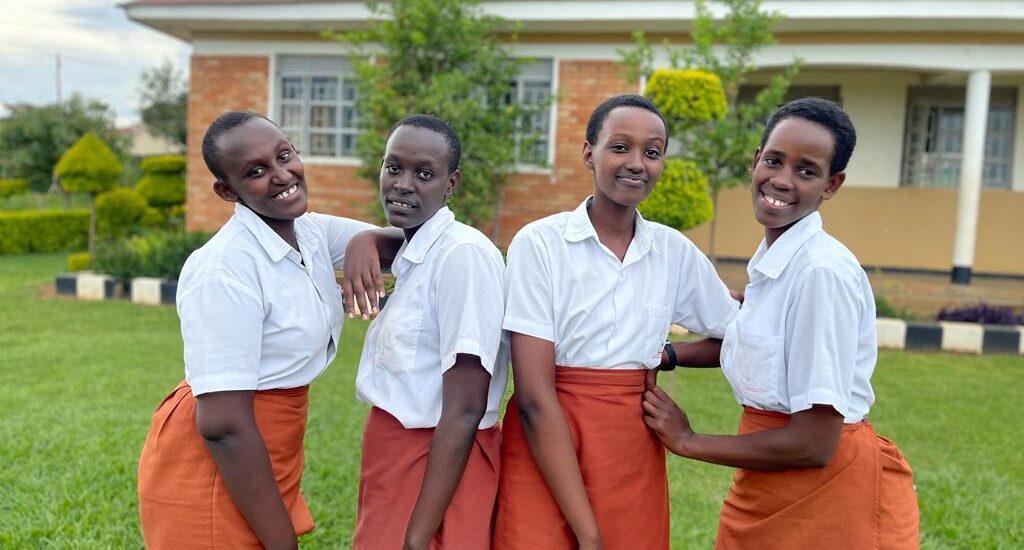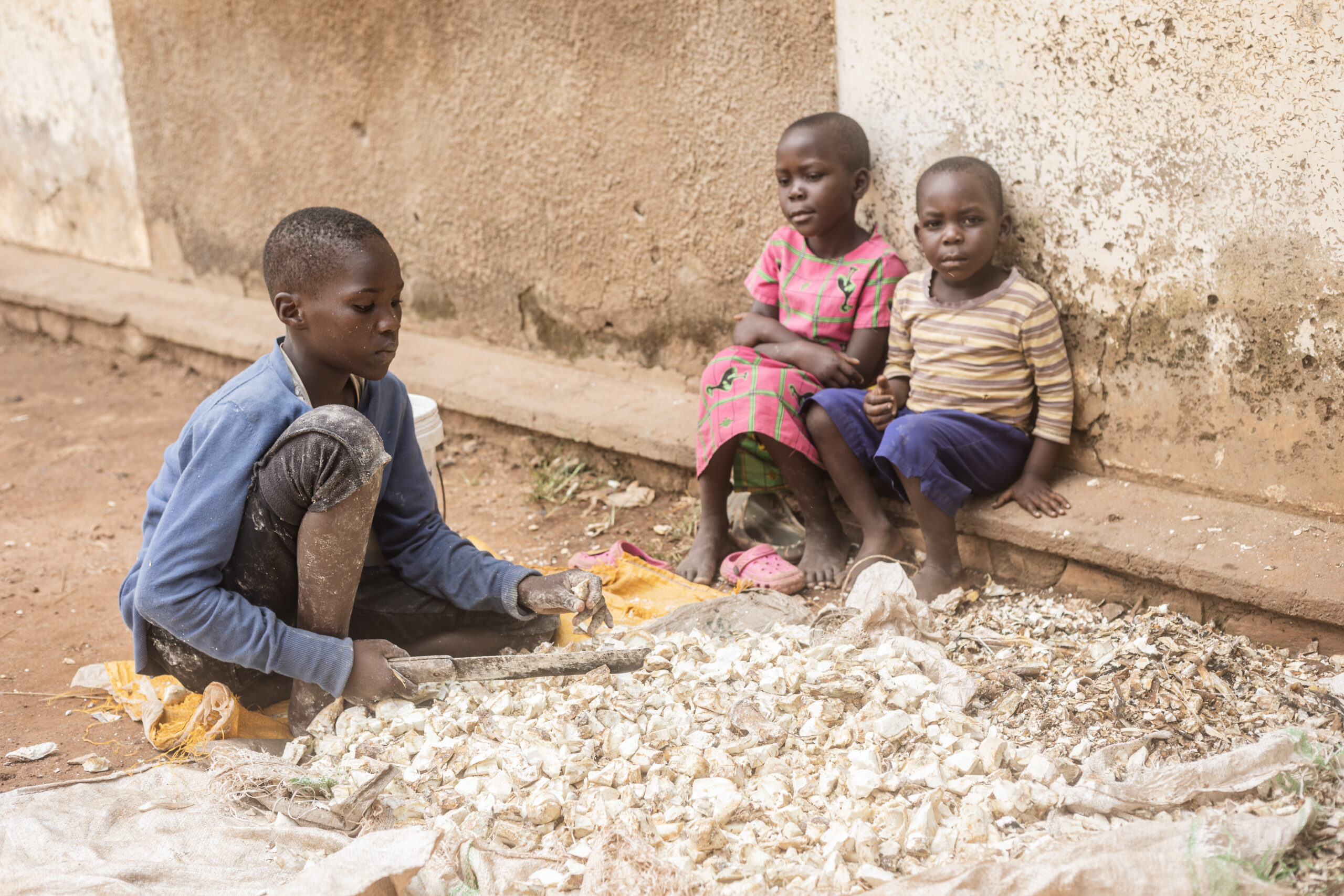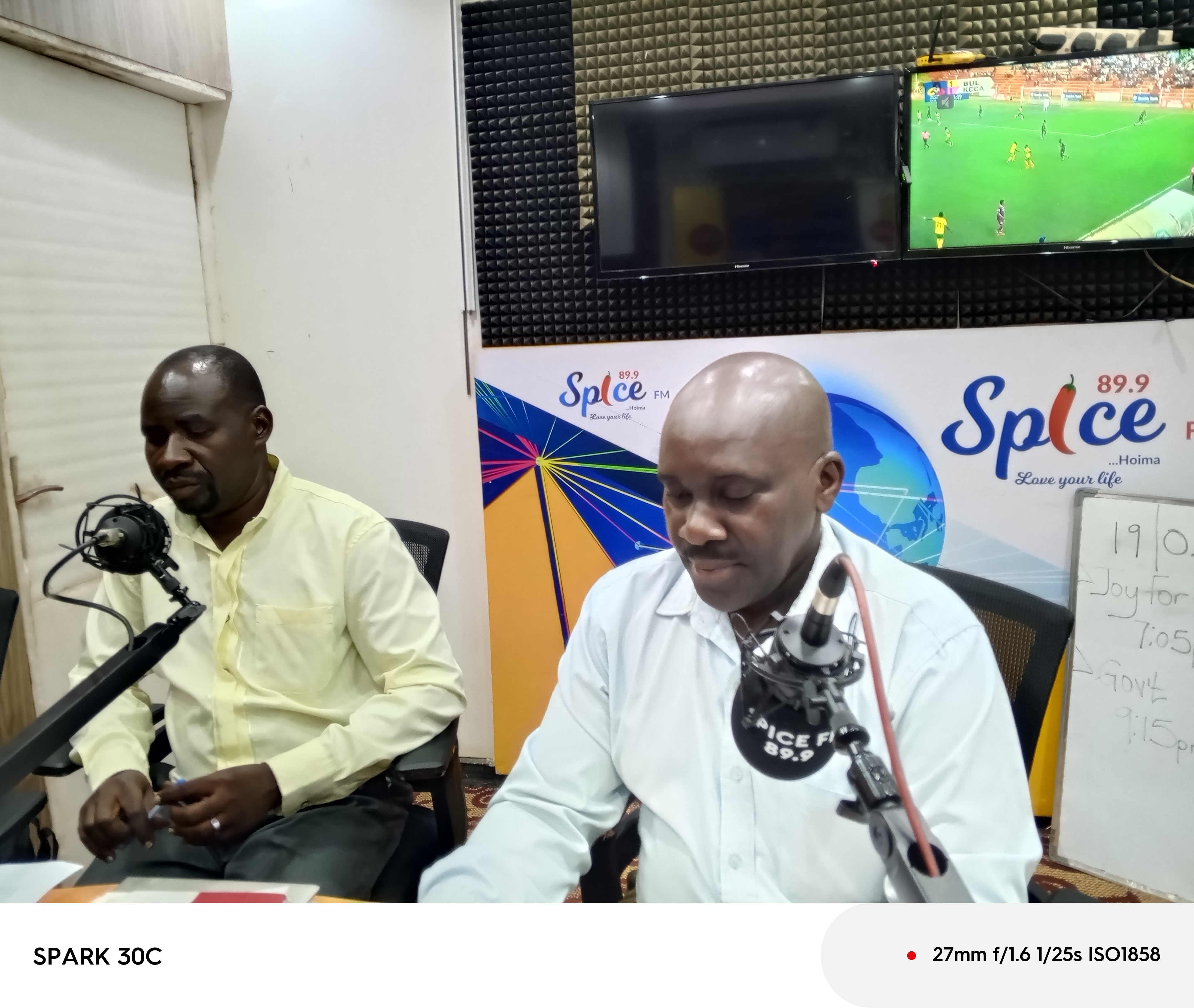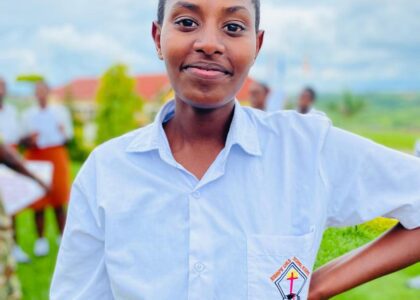The Ugandan childrens’ Act defines a child as a person below the age of 18.
This vulnerable group suffers from various kinds of abuse that is wide spread, occurring in various forms with child sexual abuse and marriages now becoming more rampant.
Child forced marriages [ CFM] remain a significant challenge in Uganda, with many girls being forced into marriage before the age of 18.
Statistics from the Uganda Demographic and Health Survey (UDHS) of 2016 indicates tha the prevalence of child marriage in Kiruhura district is 34 percent, which was higher than the national average of 27 percent. According to the UDHS, child marriage was more common in rural areas, were poverty and low levels of education persistent.
This harmful practice disproportionately affects girls preventing them from living their lives
free from all forms of violence.
We take a look at Kiruhura district in Western Uganda where we interacted with early marriage survivors, local leaders and organizations advocating for the rights of children.
The interaction with the leaders and different stakeholders gave an opportunity to the child
rights advocates to clearly understand the drivers behind the rampant cases of child marriages and how they can be minimized.
For instance, it was highlighted that poverty, cultural practices and desire by parents to earn bride price are some of the major drivers.
Sarah, now in senior two was forced by her parents to get married after completing primary Seven “I was in primary seven, after coming from school, I heard my mother tell me that
there is a handsome man coming to take you, I got scared! so, one day, some people came home with dowery, but me I told my mother that I am going with them. She went and called
Father who came and told my parents that am not allowing this girl to get married and he promised to pay for me school fees. Those people were forced to go back with their cows and that is how I survived, narrates Sarah.”
Doreen, is another survivor, now a student in Senior 3 at Bishop’s Girls School Rushere. When she speaks of the experience she went through, it is similar to that of Sarah. “I was in
primary seven, when I finished primary leaving examinations, I went home and found many people, I asked my mother what is happening? she said I don’t know. I did not reply her, so,
I asked my father what is going on? He told me I was going to get married. I went and told my mother that I don’t want to get married and she told me that it was my father who is involved in that. I called Aunt [Phoebe] and told her that they are taking me and she is the one who convinced my father to abandon the whole idea, that Aunt saved me from forced marriage, recalls Doreen’’.
Sarah and Doreen are just a representative of the many girls in Kiruhura district who have survived Child marriages.
The Resident district Commissioner Kiruhura district George Bakunda concedes that the
challenge of early and forced marriages is big and attributes it to bad cultural practices. ‘’
Early marriages to begin with, it is mainly culture, this area is predominantly cattle keeping area, it is from cows that most families derive their livelihood by sale of livestock and from cows and cattle keepers’ treasure much more the wealth than even the girl child. so, they force their children to get married in order for them to get bride wealth’’
Bakunda is however, happy that there are interventions trying to address the problem of Child marriages. He commended Organizations like Joy for Children for working with other
Organizations to create awareness about the dangers of child marriages.
He adds that when girls are married at an early age, they miss out on education and that means they cannot realize their full potential and that is the reason these girls become 0victims of domestic violence.
Poverty has also been blamed for fueling Child Marriages in Kiruhura district. Pastor
Hampton Katiibwa of Jerusalem Victory Church, says some Parents are not able to take care of all their Children an issue that increases that vulnerability of the girls.
Organizations advocating for the rights of Children like Joy for Children Uganda works with government plus national and grass-root organizations to create awareness about the
dangers of Child marriages but also support those who were married at an early age.
one such Organization is Kiruhura Women in Development that supports the survivors and
victims of child marriage.
The executive director Kiruhura Women in Development Phoebe Tumwebaze says in most
cases, girls who married early are eventually abandoned with their children and her
organization supports such cases.
Moses Ntenga, the Executive director of Joy for Children Uganda, says his organization works with Girls not Brides Uganda , a network of over 130 organizations that work collectively to raise awareness but also support the already married girls.
According to Moses Ntenga, his organization has been instrumental in supporting
government both technically and financially to address the challenge of Child marriage. “We are a national Organization working to ensure that the rights of children are protected. We are also interested to know that children grow, attain education, participate in issues that affect them, but also, they are able to fulfill their potential because children have talents and gifts and these gifts must come out.’’ For example, the Organization supports government to do policy formulation such as the National strategy to end Child Marriage and the Child Policy.
Despite the implementations of various interventions geared at addressing Child marriage not only in Kiruhura but other districts, the vice still prevails necessitating more
collaboration, awareness creation and investment to curb the driving factors like poverty.






